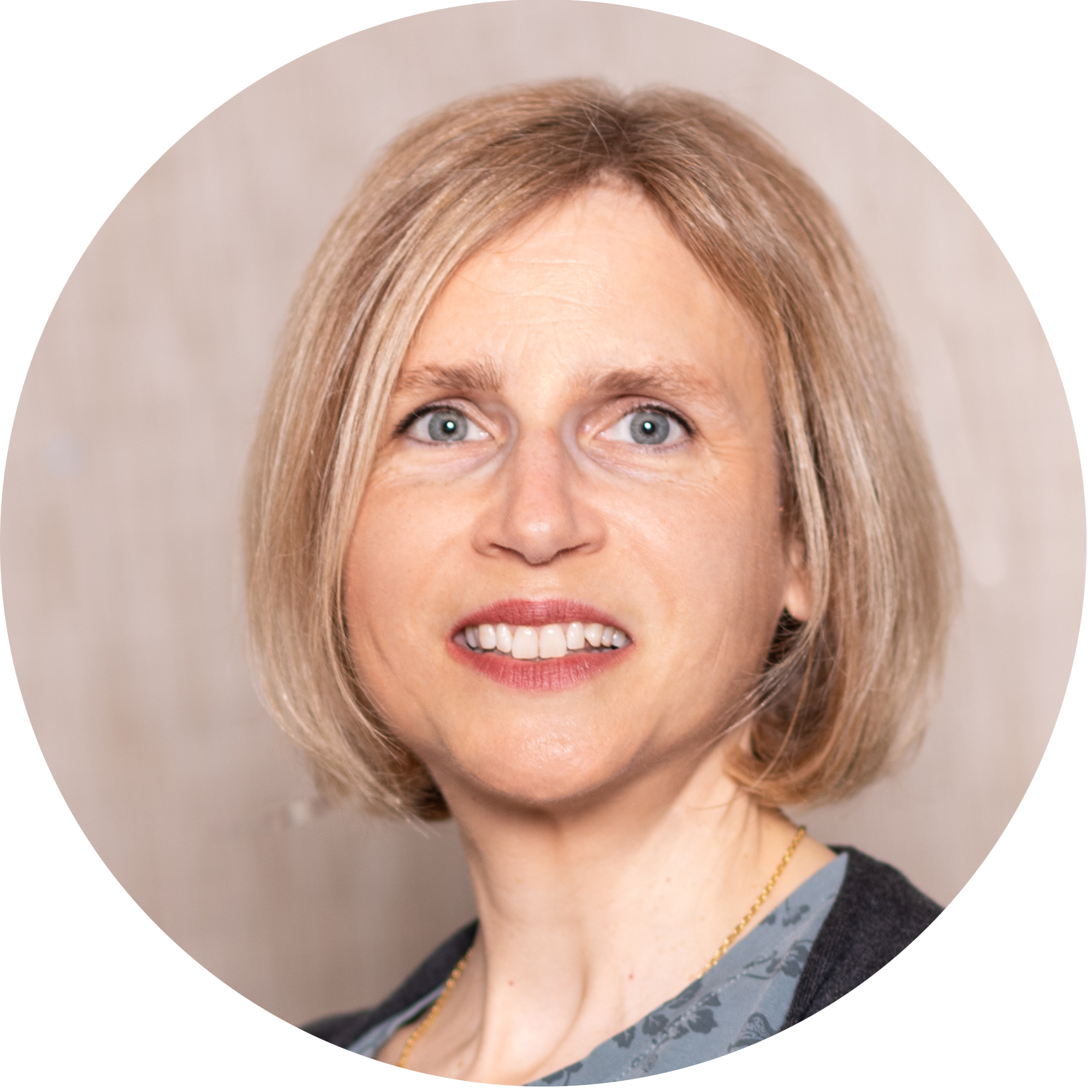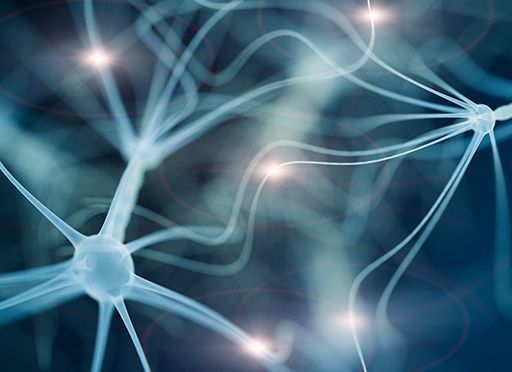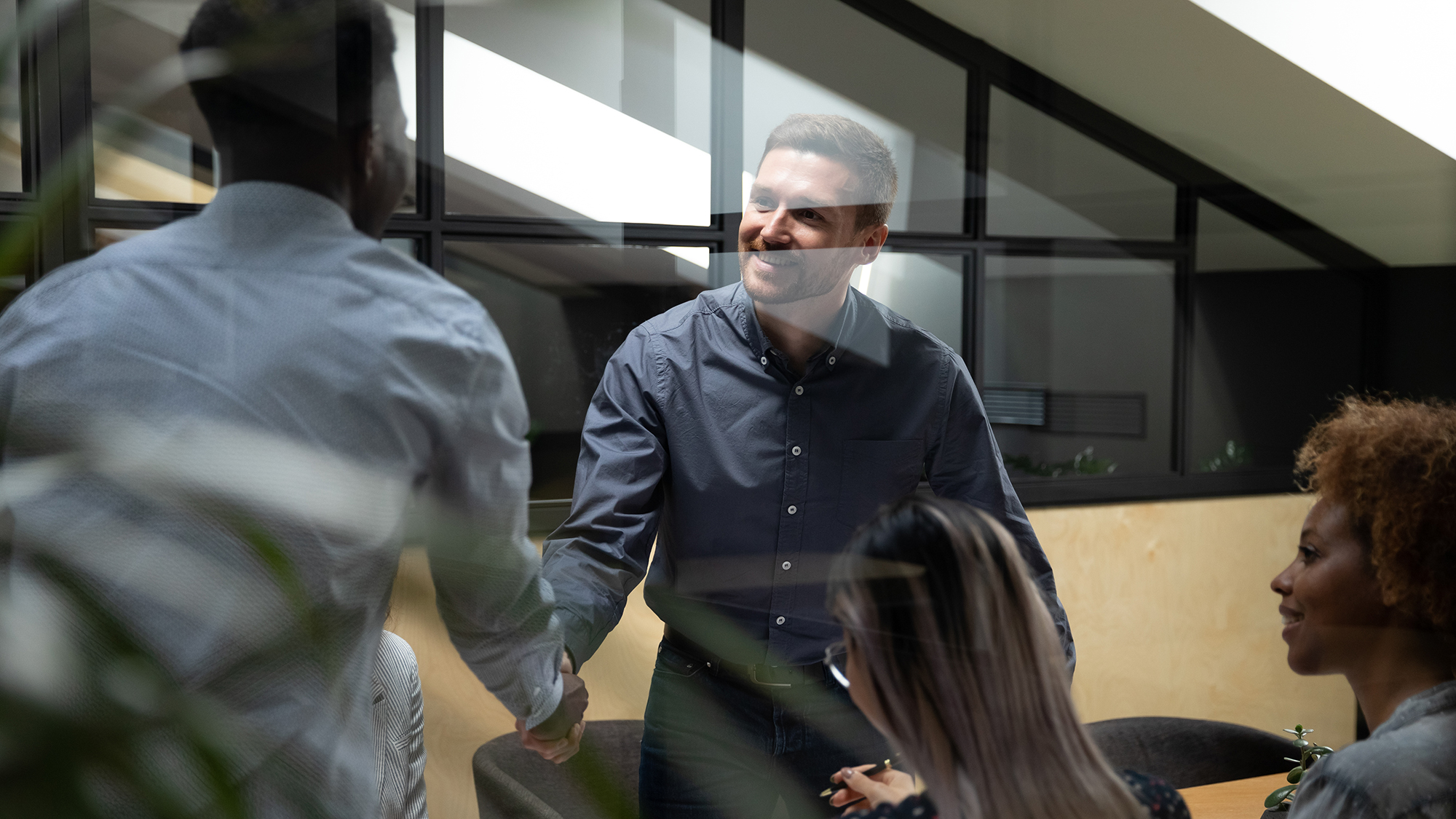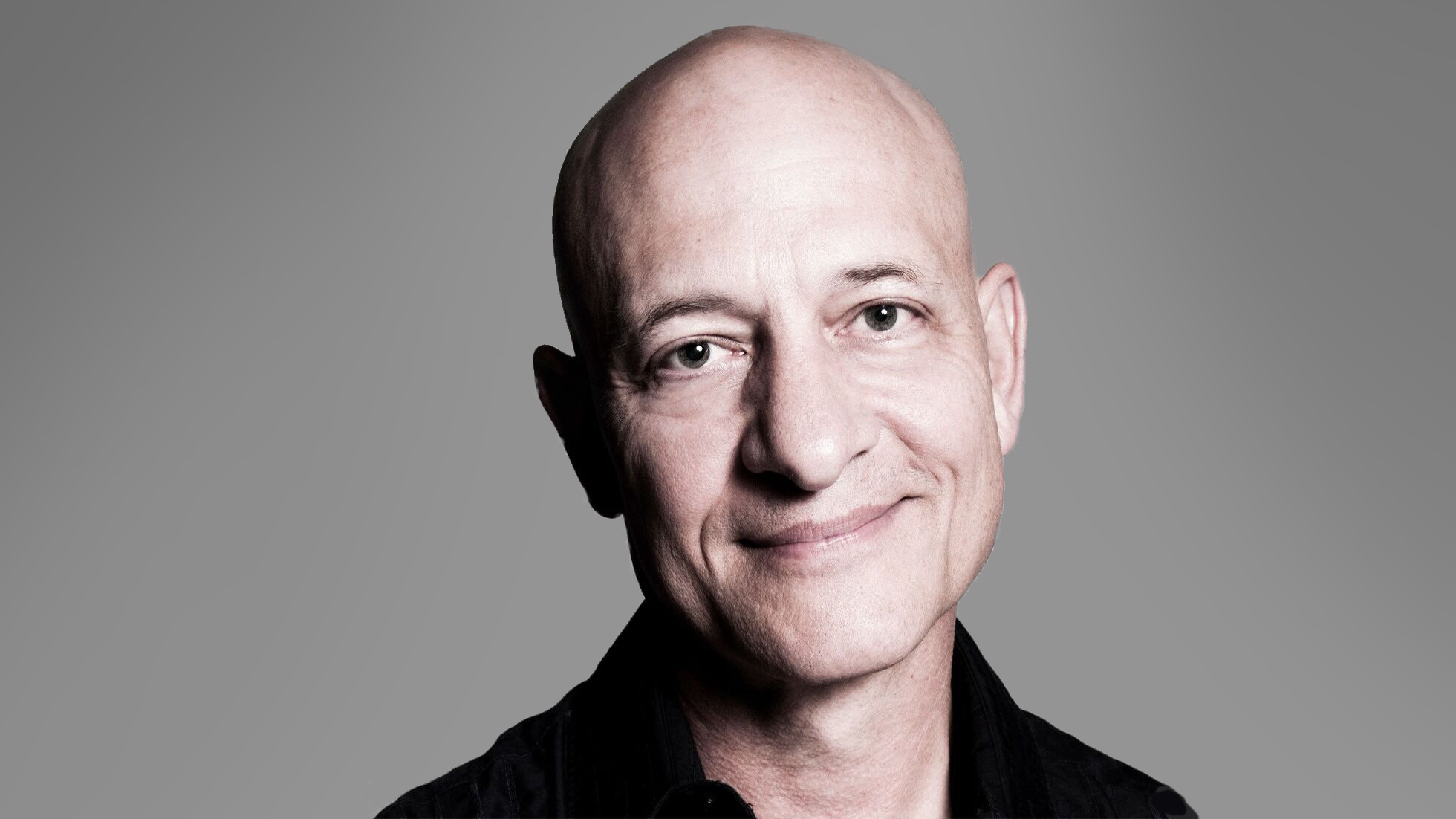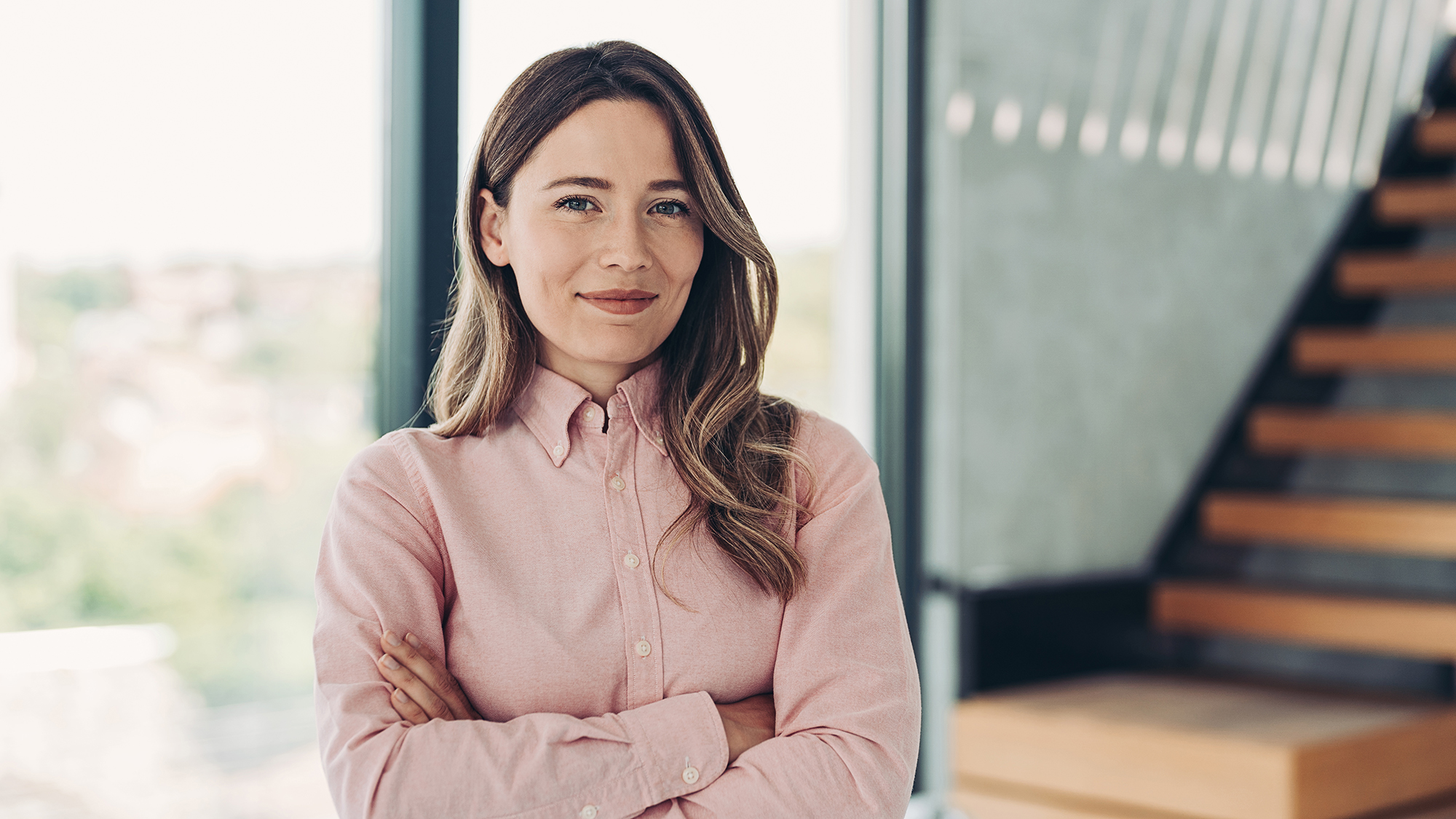“We Learn Better by Doing and Applying”
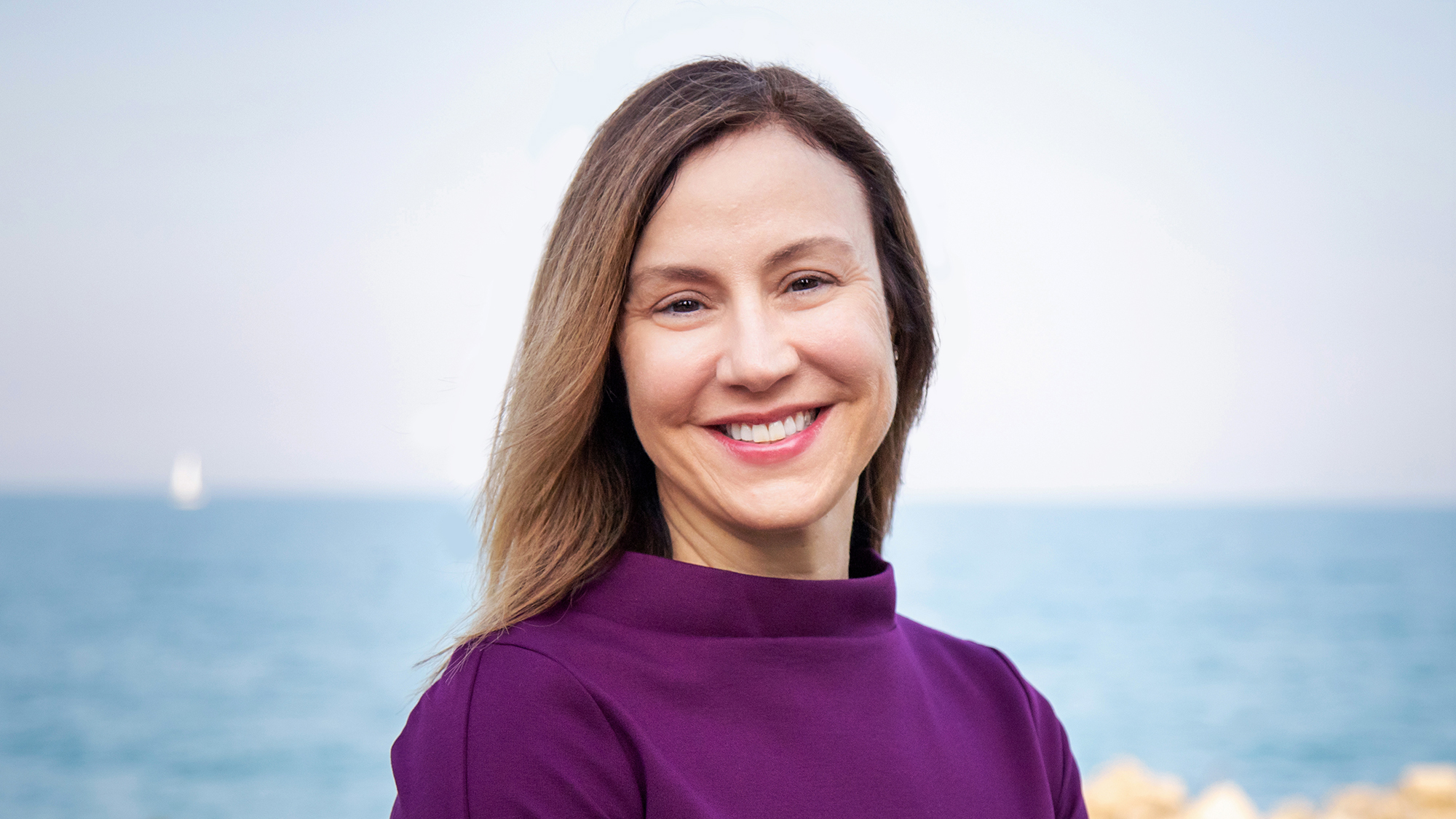
Teri, what is the number one thing that prevents people from learning something new?
Many barriers get in the way of learning – but if I had to choose one, I believe motivation is the greatest challenge. It wasn’t until the early 2000s that we understood how much the adult brain continued to grow new brain cells and forge new neural pathways well into old age. While we have known that for 20 years, not everyone truly embraces this ability. The reason, often, is simply that it’s hard and takes effort. People are sometimes resistant to investing effort, particularly if they don’t think it will make a difference.
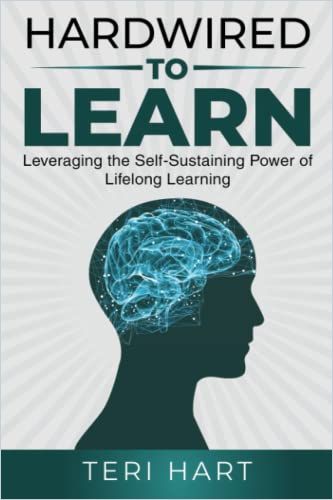
What is your message to older employees who claim they have lost the motivation to learn?
I hear this question a lot – and, unfortunately, I do hear people say they are “done learning.” Motivation to learn is something we can best overcome when we think it matters: matters to our future, matters to our purpose, matters to something or someone important. So for example, if we think about our higher purpose and long-term goals for ourselves, we may think about those things we want to continue to learn. I have a long-term goal of remaining relevant. So, for example, I don’t want to be someone who needs help with or who doesn’t understand technology in my old age. This means that I need to not only stay abreast of it but also continue to really use that learning muscle that adapts to new technology.
If we want to continue to use our gifts in some way, that necessarily means staying in tune with the shifting skills that are needed in our field.
Teri Hart
Learning new facts and gaining fresh insights is one thing. Putting learning into practice is another. What are some of the most effective ways of bridging the gap between acquiring and applying knowledge?
It’s absolutely true that we learn better by doing and applying. When we apply information, we have to consolidate what we’ve learned and then adjust as we apply. Practically, in the workplace, we can do this simply by integrating practice and application into our work, taking on stretch assignments and exploring rotational opportunities. Ideally, we would integrate reflection, feedback and coaching from someone with expertise.
Many employees struggle with squeezing time to learn into a busy schedule. What is an optimal learning period? And what is your take on the concept of microlearning?
Well, we do learn better when we learn in chunks and have breaks, so building knowledge through varied learning and application is ideal. People can learn new information for an hour or two before they start to need a break. That said, when we think of learning as part of our work and part of our life, it is easier to fit it in. I like to take a continual improvement mindset and make a habit of it. As for microlearning – I think it depends on what is meant by this. Microlearning is useful for targeted, specific uses where there is immediate application. It’s less useful when we are trying to develop expertise or deep learning. Truthfully, what we need more of is deeper learning where we are gaining a new skill or shifting our mindset.
Most of us find ourselves in situations where we need to learn something we don’t want to learn. For example, employee X finds herself procrastinating on learning to use a new software program her company has introduced. What advice would you give employee X to help her get started?
It is almost impossible to learn something we don’t want to learn as an adult. It’s just how we are wired. Autonomy in learning as well as intrinsic motivation to learn are critical ingredients. For this example, activities that increase both or either of these can be helpful. As an example, reflecting on how the software might make her work easier may increase her intrinsic motivation to learn. Also, providing autonomy on when and where she learns can also help.
As machines take over more routine tasks, developing strong soft skills is becoming increasingly important. Most of us know how to learn a foreign language, a new sport or an academic subject. But how do you go about learning social or creative thinking skills?
It’s really interesting how this question is framed because I hadn’t considered how nebulous it is to get better at, say, critical thinking or data analysis if you are not an expert at learning. It is easy for me to gauge how fluent I am at French by listening to French on Duolingo, but most of us don’t know how good we are at things like critical thinking. In my line of work, we curate learning content based on what we know about the audience in need. For those who don’t have access to that kind of learning, asking for feedback from a manager or other trusted advisor might help identify what skills are needed. Peers can also provide feedback. Also, there is a range of online courses – Udemy, Coursera, LinkedIn Learning – where people can learn the basics as a starting point.
Asking for someone you know who is strong at a specific skill to coach you can also be really helpful.
Teri Hart
You write in your book that we haven’t even scratched the surface of human potential to learn. What makes you think so? What do you consider might be the next hot topic in neuroscience research related to the science of learning?
Well, we have learned more about how the brain works in the last 20 years than in the last 200. Yet we haven’t radically altered the way we learn and we haven’t radically reshaped how we think about adult learning. Much of the research that’s especially compelling is related to aging and cognitive decline that affects learning. While the research is ongoing, we are learning things that will likely extend our ability to learn, enabling ongoing improvement and sophistication rather than decline. Research on the role of stress and neurotransmitters is also shifting our understanding. Also, our understanding of anatomy and how the brain works is disrupting how we think about intelligence. As we shed the mindsets that limit our growth, we undoubtedly will be enlarging our capacity to learn.
About the Author
Teri Hart, an Ironman triathlete and yogini, is an expert in executive learning. She’s developed learning and leadership programs for Fortune 500 and Fortune Global 500 companies across various industries.
